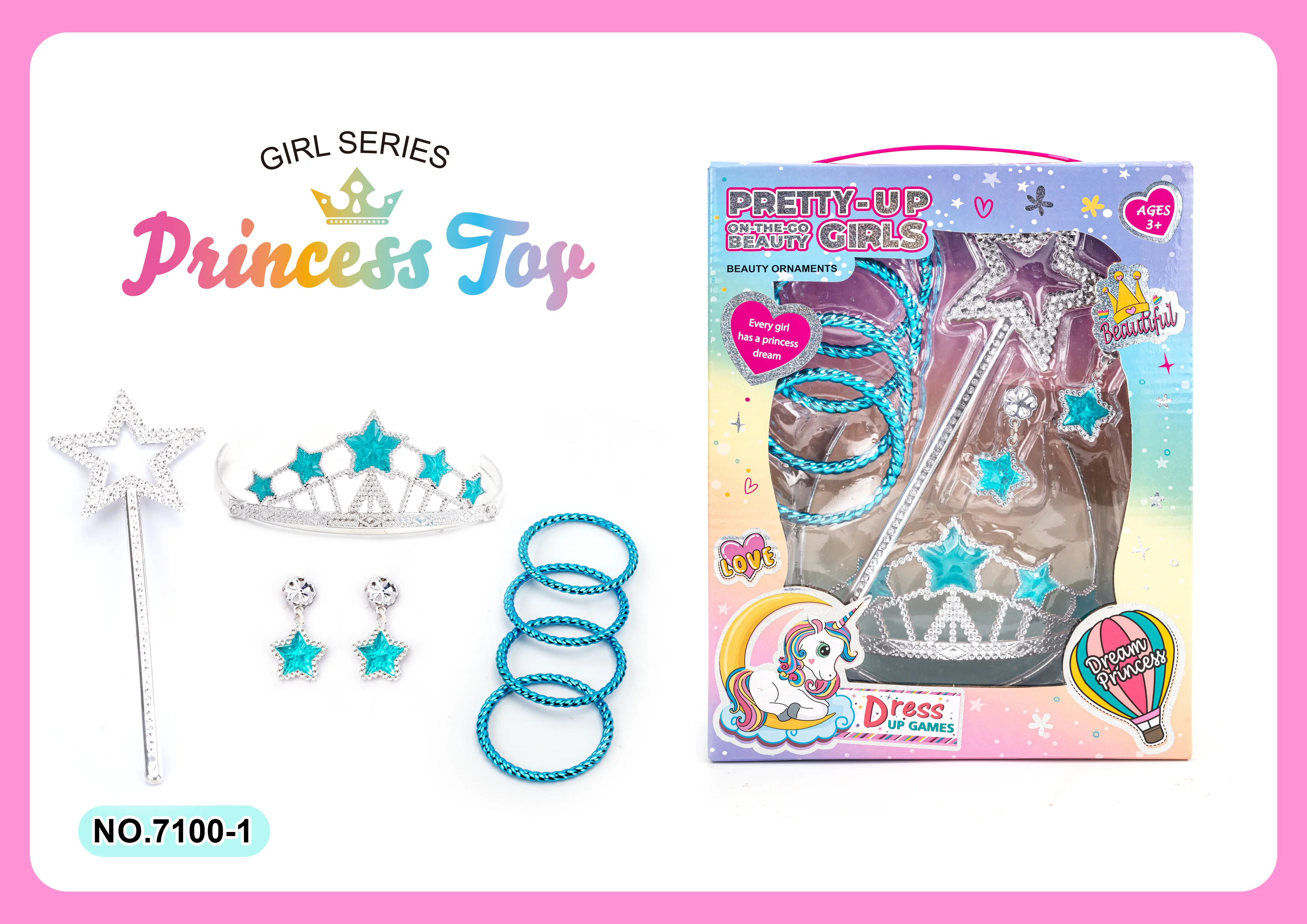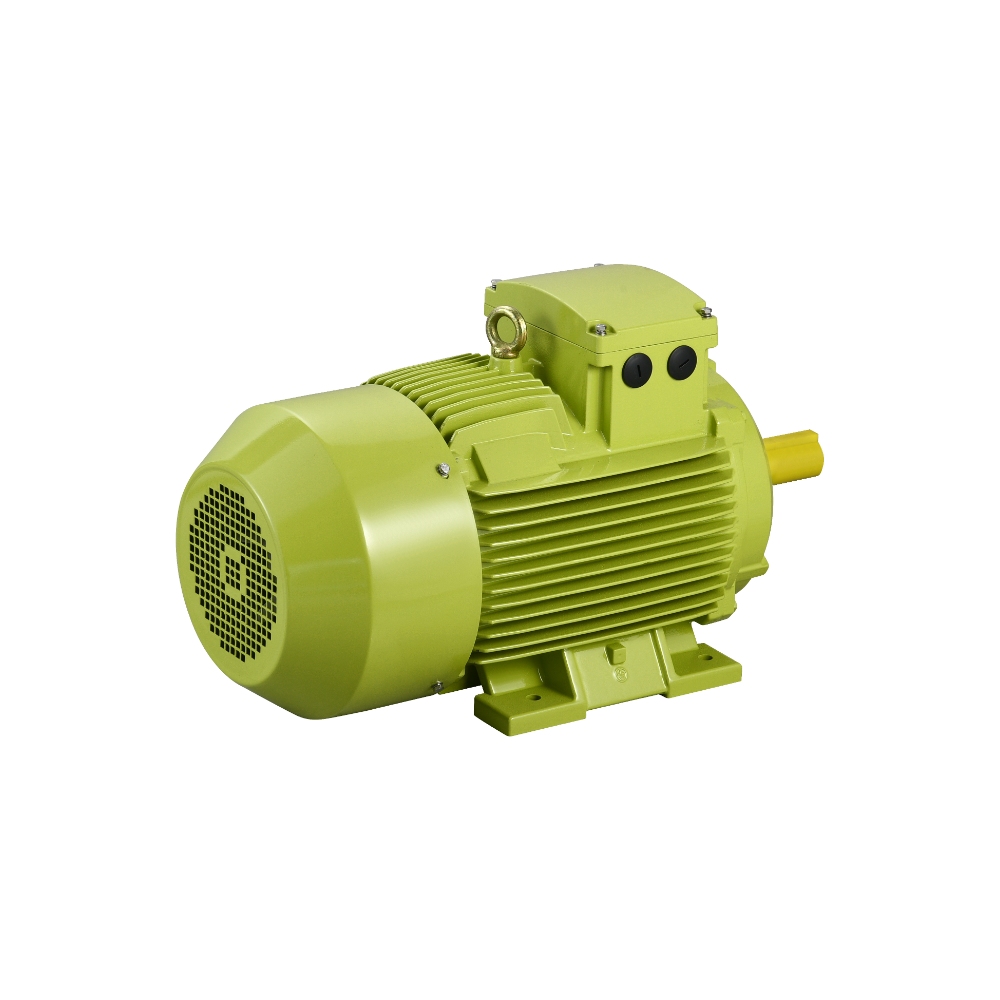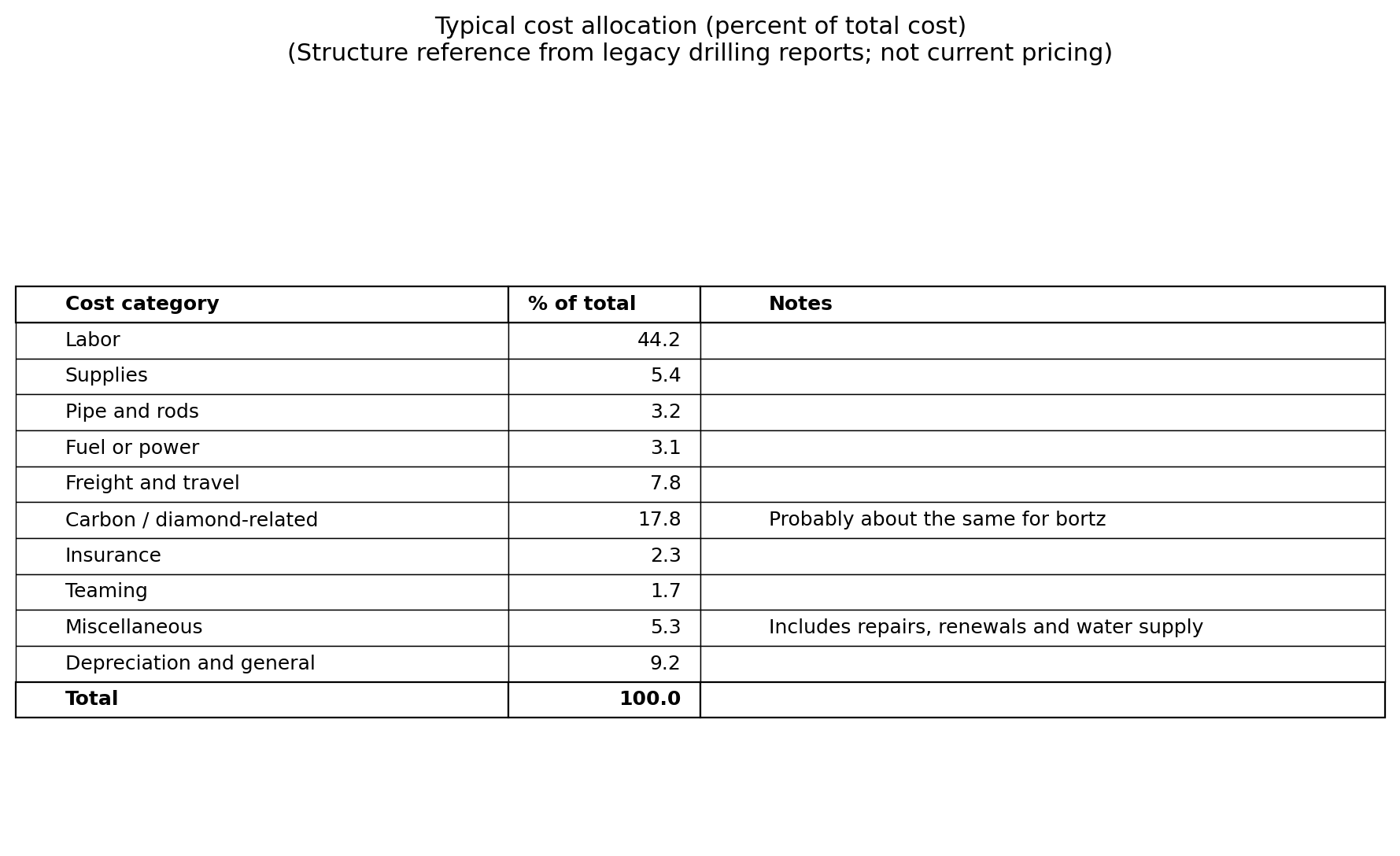When it comes to maintaining a clean and healthy home, laundry detergent is often an overlooked yet crucial component. With an overwhelming number of options available on the market, it can be challenging to determine which laundry detergent is the healthiest choice for you and your family. This article delves into the intricacies of laundry detergents, examining their ingredients, potential health impacts, and eco-friendly alternatives to help you make an informed decision.
Understanding Laundry Detergent Ingredients
Laundry detergents are formulated with a variety of ingredients, each serving a specific purpose. Common components include surfactants, enzymes, fragrances, and preservatives. However, not all ingredients are created equal, and some may pose health risks.
- Surfactants: These are the primary cleaning agents in detergents, helping to lift dirt and stains from fabrics. While many surfactants are derived from natural sources, others are synthetic and can cause skin irritation or allergic reactions.
- Enzymes: Enzymes break down protein, starch, and fat stains, enhancing cleaning efficiency. While they are generally safe, some individuals may experience sensitivities to specific enzyme types.
- Fragrances: Synthetic fragrances can mask unpleasant odors but often contain phthalates and other chemicals linked to respiratory issues and hormonal disruptions. Opting for fragrance-free or naturally scented detergents can mitigate these risks.
- Preservatives: To prolong shelf life, many detergents contain preservatives, which can sometimes trigger allergic reactions. Look for products that use natural preservatives or are free from them altogether.
Health Risks Associated with Conventional Detergents
The health implications of using conventional laundry detergents are significant. Prolonged exposure to harsh chemicals can lead to skin irritations, respiratory issues, and even long-term health problems. For instance, studies have shown that children exposed to certain chemicals in laundry products may have an increased risk of developing asthma and other respiratory conditions.
Moreover, the Environmental Protection Agency (EPA) has identified several ingredients commonly found in laundry detergents as potential endocrine disruptors, which can interfere with hormone function. This is particularly concerning for pregnant women and young children, who are more vulnerable to chemical exposure.
Eco-Friendly Alternatives: Healthier Choices for Your Laundry
Given the potential health risks associated with conventional laundry detergents, many consumers are turning to eco-friendly alternatives. Here are some healthier options to consider:
- Plant-Based Detergents: These detergents use natural surfactants derived from plants, making them less likely to cause skin irritation and safer for the environment. Brands like Seventh Generation and Ecover offer plant-based formulas that are effective and gentle.
- DIY Laundry Detergent: For those who prefer a hands-on approach, making your own laundry detergent can be a rewarding and health-conscious choice. Simple recipes often include washing soda, borax, and soap flakes, allowing you to control the ingredients and avoid harmful chemicals.
- Soap Nuts: These natural alternatives are the dried shells of the Sapindus mukorossi fruit. When placed in a laundry bag, soap nuts release saponins, which act as a natural surfactant. They are biodegradable, hypoallergenic, and free from synthetic additives.
- Fragrance-Free Options: Many brands now offer fragrance-free detergents that are formulated for sensitive skin. These products eliminate the risk of allergic reactions associated with synthetic fragrances while still providing effective cleaning power.
Making the Right Choice for Your Family
When selecting the healthiest laundry detergent, consider the following factors:
- Ingredient Transparency: Look for brands that provide clear information about their ingredients. Avoid products with vague terms like fragrance or cleaning agents.
- Certifications: Seek out detergents that are certified by reputable organizations, such as the EPA's Safer Choice program or the USDA Organic label. These certifications indicate that the product meets specific health and environmental standards.
- Personal Sensitivities: If you or your family members have known allergies or sensitivities, prioritize hypoallergenic and dermatologist-tested products.
- Environmental Impact: Consider the ecological footprint of the detergent. Opt for biodegradable products and those with minimal packaging to reduce waste.
Conclusion
Choosing the healthiest laundry detergent is a vital step toward creating a safer home environment. By understanding the ingredients, recognizing potential health risks, and exploring eco-friendly alternatives, you can make informed decisions that benefit both your family and the planet. Remember, a clean home should not come at the expense of your health—prioritize products that align with your values and promote well-being.





